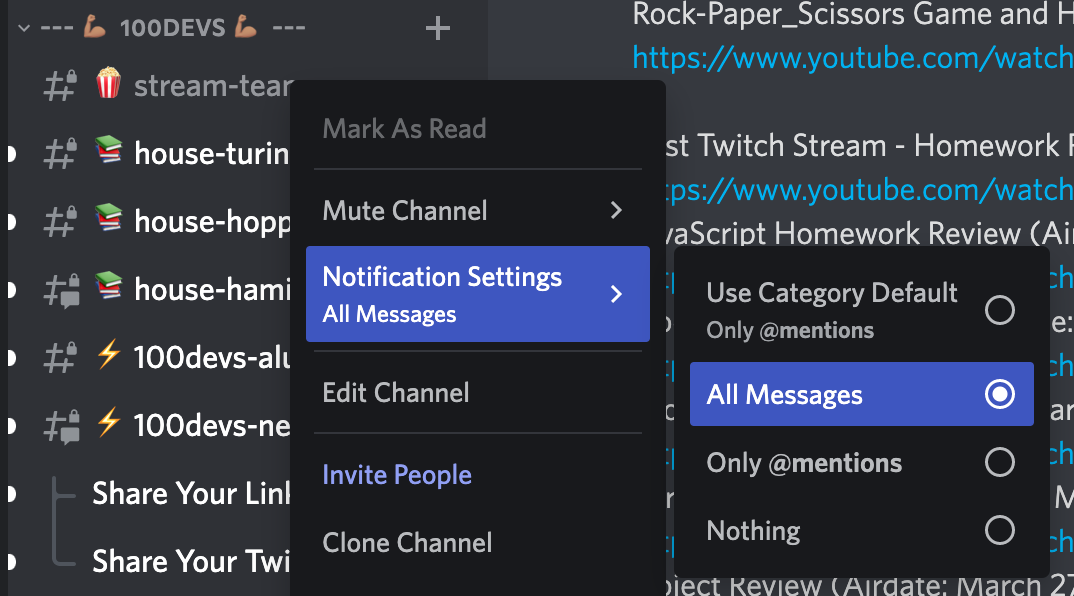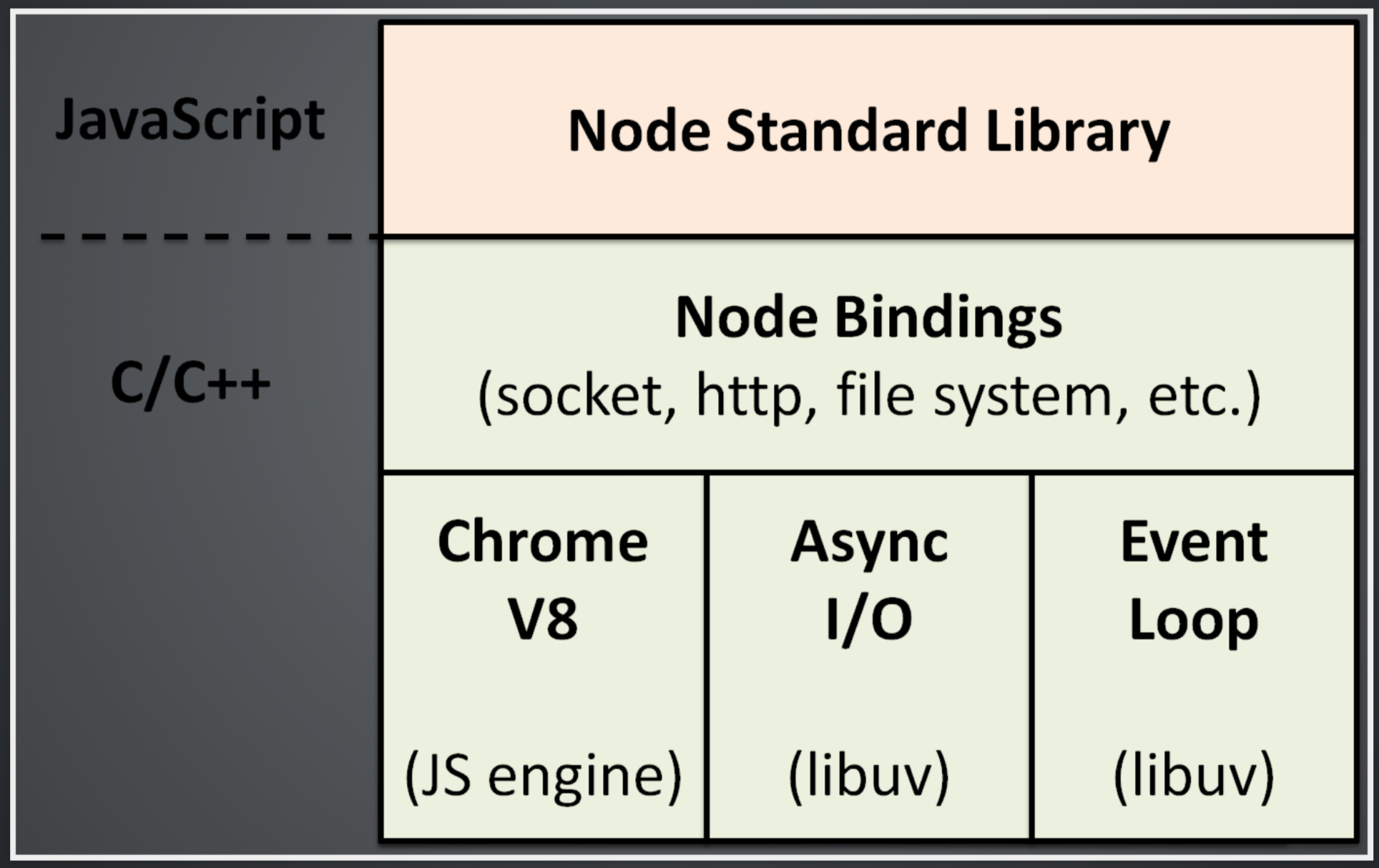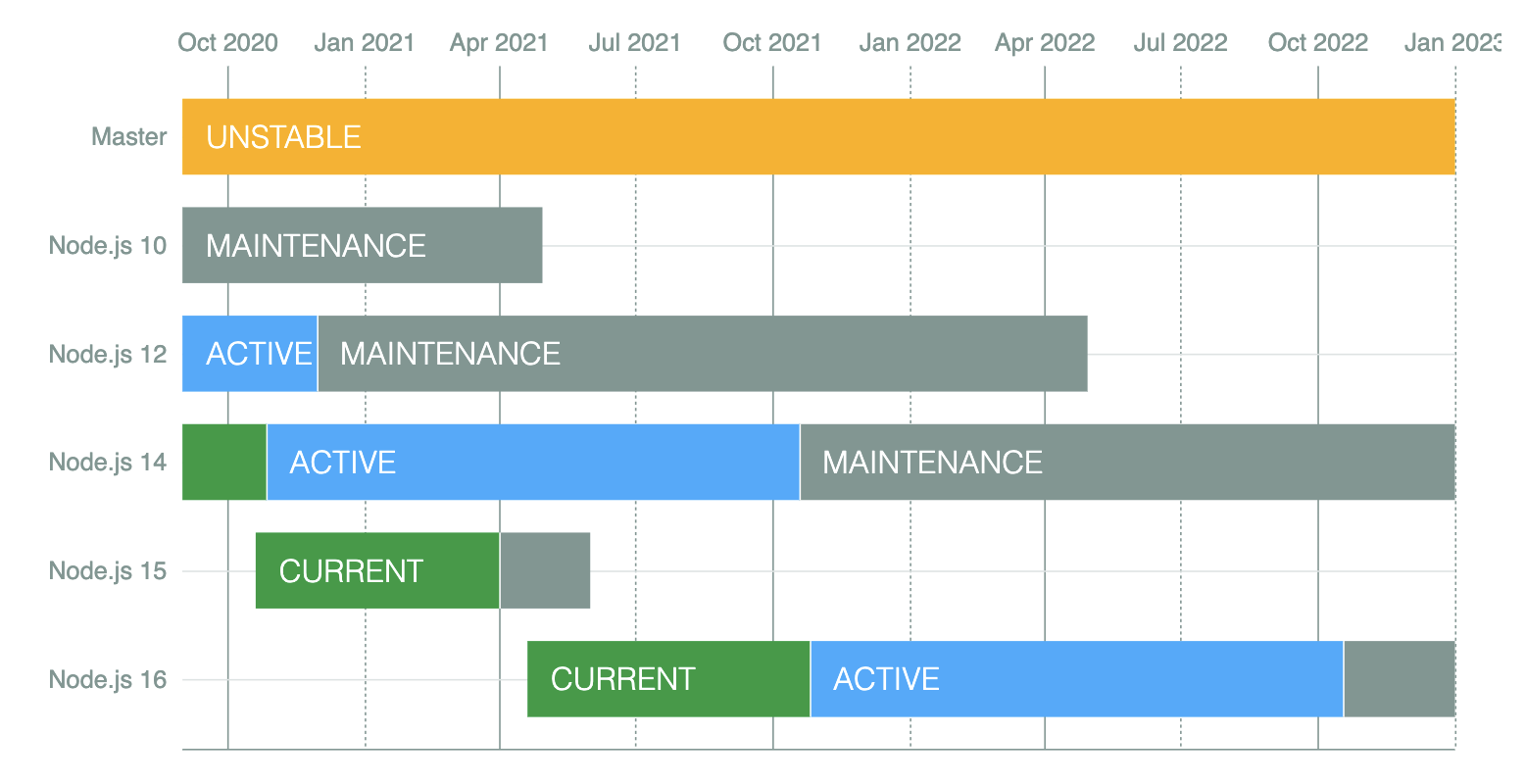Promises, Async, Node
Leon Noel

#100Devs
Photo shoot fresh, looking like wealth
I'm 'bout to call the paparazzi on myself
Agenda
-
Questions?
-
Let's Talk - #100Devs
-
Learn - Callbacks
-
Learn - Promises
-
Learn - Async
-
Learn - Node
-
Homework - Simple Coin Flip
Questions
About last class or life

Checking In

Like and Retweet the Tweet
!checkin
Office Hours

SUNDAY
1:00pm EST
!newsletter

My Birthday Wish:

self-taught
community-taught
Fresh Start

Networking

Alternatives?
1 coffee chat this week
USE THE SHEET!

NOW WITH TWO TABS!: Google Sheet
Grab The Checklist
!checklist
PUSH EVERY DAY

Submitting Work

Submitting Work

Spaced Repetition

Ali Abdaal: https://youtu.be/Z-zNHHpXoMM
Backend!

Butt first!
Let's Deliver Some Papers

Synchronous
Waiting for them to come to the door
Asynchronous
Moving onto the next house
Javascript is
single-threaded
Synchronous aka processes
one operation at a time

vs



If synchronous, how do we do stuff like make an api request and keep scrolling or clicking
Things should block
THE ENVIRONMENT

Not This

THIS

Our JS is running in
a browser
Browsers have a BUNCH of APIs we can use that are async and enable us to keeping looking a cute cat photos while those operations are being processed asynchronously
Common browser APIs

*the DOM (Document Object Model) is essentially the API one uses to manipulate an HTML (or XML) document -- usually using JavaScript
! USUALLY !

WAIT
WHAT THE FUCK
Actual words Leon said when figuring all this shit out...

So, yeah, JS can do a lot of "blocking" stuff in the browser because it is handing that stuff off to async
Web APIs
BUT
We are going to need to know how to handle responses coming back from those Web APIs
JS does this with callbacks, promises,
and eventually async/await
Call stack, Call Back Queue, Web API, Event Loop

Tuesday
Let's Deliver Some Papers

function houseOne(){
console.log('Paper delivered to house 1')
}
function houseTwo(){
console.log('Paper delivered to house 2')
}
function houseThree(){
console.log('Paper delivered to house 3')
}
houseOne()
houseTwo()
houseThree()Let's Use A Web API
setTimeout()

setTimeout and setInterval are not part of the Javascript specification...
Most environments include them...
like all browsers and Node.js

Live Leon Footage
function houseOne(){
console.log('Paper delivered to house 1')
}
function houseTwo(){
setTimeout(() => console.log('Paper delivered to house 2'), 3000)
}
function houseThree(){
console.log('Paper delivered to house 3')
}
houseOne()
houseTwo()
houseThree()function houseOne(){
console.log('Paper delivered to house 1')
}
function houseTwo(){
setTimeout(() => console.log('Paper delivered to house 2'), 0)
}
function houseThree(){
console.log('Paper delivered to house 3')
}
houseOne()
houseTwo()
houseThree()EVENT LOOP

Thursday
What if it is pay day?
I only want to move onto the third house after the second house has paid me
Real world this would be getting data back from an API ect...
The Old School Way

Callbacks
You can have a function that takes another function as an argument
aka Higher Order Function

You have seen this a million times
addEventListener('click', callback)
A Callback is the function that has been passed as an argument
Callbacks are not really "a thing" in JS
just a convention
Let's Get Paid

function houseOne(){
console.log('Paper delivered to house 1')
}
function houseTwo(callback){
setTimeout(() => {
console.log('Paper delivered to house 2')
callback()
}, 3000)
}
function houseThree(){
console.log('Paper delivered to house 3')
}
houseOne()
houseTwo(houseThree)Callback fires when async task or another function
is done
Let's Get Paid By Everyone

function houseOne(){
setTimeout(() => {
console.log('Paper delivered to house 1')
setTimeout(() => {
console.log('Paper delivered to house 2')
setTimeout(() => {
console.log('Paper delivered to house 3')
}, 3000)
}, 4000)
}, 5000)
}
houseOne()Welcome To Hell

Callback Hell
What if there was a more readable way to handle async code
Promise
A promise is an object that represents the eventual completion or failure of an async operation and its value
An object that MAY have a value in
the future
A promise can have three possible states
- pending: initial state, neither fulfilled nor rejected.
- fulfilled: meaning that the operation was completed successfully.
- rejected: meaning that the operation failed.
.then()
A promise object method that runs after the promise "resolves"
.then(value)
Whatever value the promise object has gets passed as an argument
We've Seen This Before

APIs
Fetch Fido, Fetch!
fetch("https://dog.ceo/api/breeds/image/random")
.then(res => res.json()) // parse response as JSON
.then(data => {
console.log(data)
})
.catch(err => {
console.log(`error ${err}`)
});
API returns a JSON object that we can use within our apps
Fetch returns a Promise
Like a bunch of Web APIs running async code
Let's see those
three states
const promise = new Promise((resolve, reject) => {
const error = false
if(!error){
resolve('Promise has been fullfilled')
}else{
reject('Error: Operation has failed')
}
})
console.log(promise)
promise
.then(data => console.log(data))
.catch(err => console.log(err))Let's Get Paid By Everyone

function houseOne(){
return new Promise((resolve, reject) => {
setTimeout(() => {
resolve('Paper delivered to house 1')
}, 1000)
})
}
function houseTwo(){
return new Promise((resolve, reject) => {
setTimeout(() => {
resolve('Paper delivered to house 2')
}, 5000)
})
}
function houseThree(){
return new Promise((resolve, reject) => {
setTimeout(() => {
resolve('Paper delivered to house 3')
}, 2000)
})
}
houseOne()
.then(data => console.log(data))
.then(houseTwo)
.then(data => console.log(data))
.then(houseThree)
.then(data => console.log(data))
.catch(err => console.log(err))Chaining Don't Read Good

I want my asynchronous code to look sychronous

Async / Await
A way to handle async responses
Promises Under The Hood

Await waits for an async process to complete inside an Async Function
function houseOne(){
return new Promise((resolve, reject) => {
setTimeout(() => {
resolve('Paper delivered to house 1')
}, 1000)
})
}
function houseTwo(){
return new Promise((resolve, reject) => {
setTimeout(() => {
resolve('Paper delivered to house 2')
}, 5000)
})
}
function houseThree(){
return new Promise((resolve, reject) => {
setTimeout(() => {
resolve('Paper delivered to house 3')
}, 2000)
})
}
async function getPaid(){
const houseOneWait = await houseOne()
const houseTwoWait = await houseTwo()
const houseThreeWait = await houseThree()
console.log(houseOneWait)
console.log(houseTwoWait)
console.log(houseThreeWait)
}
getPaid()async function getPaid(){
const houseOneWait = await houseOne()
const houseTwoWait = await houseTwo()
const houseThreeWait = await houseThree()
console.log(houseOneWait)
console.log(houseTwoWait)
console.log(houseThreeWait)
}
getPaid()
I Need Something Real

Let's Code
An API request using Async/Await

APIs
Fetch Fido, Fetch!
async function getACuteDogPhoto(){
const res = await fetch('https://dog.ceo/api/breeds/image/random')
const data = await res.json()
console.log(data)
}
getACuteDogPhoto()Backend BABY

Does Javascript have access to the DOM natively (built in)?

Javascript needed Web APIs to handle async and a bunch of stuff in the Browser
JS is sandboxed
in the browser

JS is a language that can only do what the hosting environment allows
What Do Servers Need?
Disk Access
(hardrive/ssd)
&&
Network Access
(internet, request / responses)
What if there was a hosting environment that allowed JS to have disk and network access
Music & Light Warning - Next Slide
NODE.js BABY

Node.js is a JavaScript runtime built on Chrome's V8 JavaScript engine.


The same shit that lets you run JS in the browser can now be used to run JS on Servers, Desktops, and elsewhere
True Story

V8 Engine Does All The Heavy Lifting
And just like the browser's Web APIs Node come with a bunch of stuff
Built in Modules
(libraries or collections of functions)
HTTP (network access)
FS (file system access)
Access to millions of packages via NPM
(groupings of one or more custom modules)

sorry, don't remember the source
Call stack, Call Back Queue, Node Modules, Event Loop

Tuesday
Releases?
LTS, Current, Nightly?

Let's Code
Simple Node Server

Just
HTTP & FS
const http = require('http')
const fs = require('fs')
http.createServer((req, res) => {
fs.readFile('demofile.html', (err, data) => {
res.writeHead(200, {'Content-Type': 'text/html'})
res.write(data)
res.end()
})
}).listen(8000)Music & Light Warning - Next Slide
You are now a
Software Engineer
that can build
Fullstack Web Applications

Let's Look
More Complex Backend


How could we clean this up?
Homework
Do: Start prepping THE BANK
Do: Complete Your Professional Links
Do: Make node-backend-simple-json more readable
Do: Make a coinflip game where the randomization happens server side

#100Devs - Promises, Async, Node (cohort 02)
By Leon Noel
#100Devs - Promises, Async, Node (cohort 02)
Class 30 of our Free Web Dev Bootcamp for folx affected by the pandemic. Join live T/Th 6:30pm ET leonnoel.com/twitch and ask questions here: leonnoel.com/discord
- 4,955



